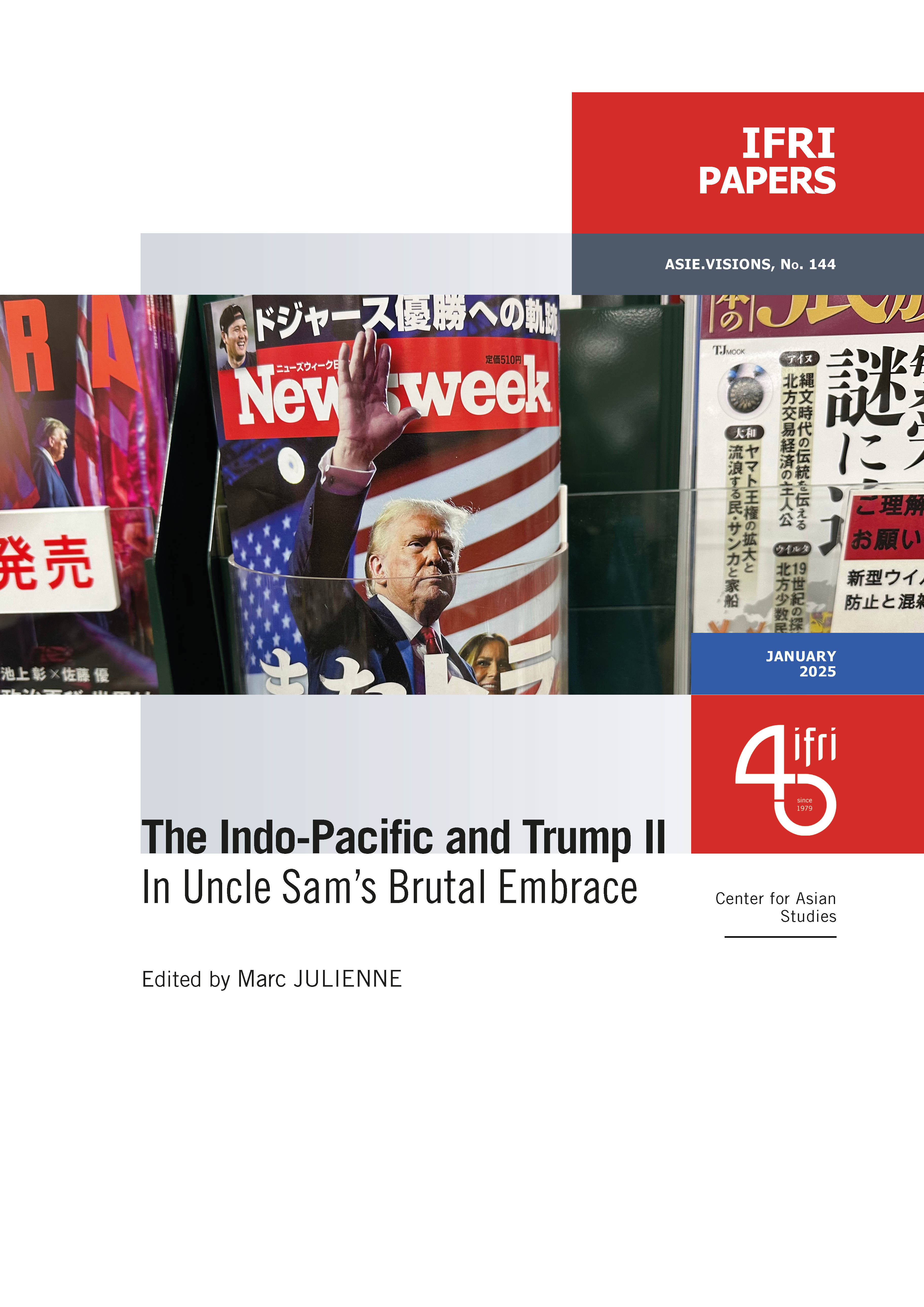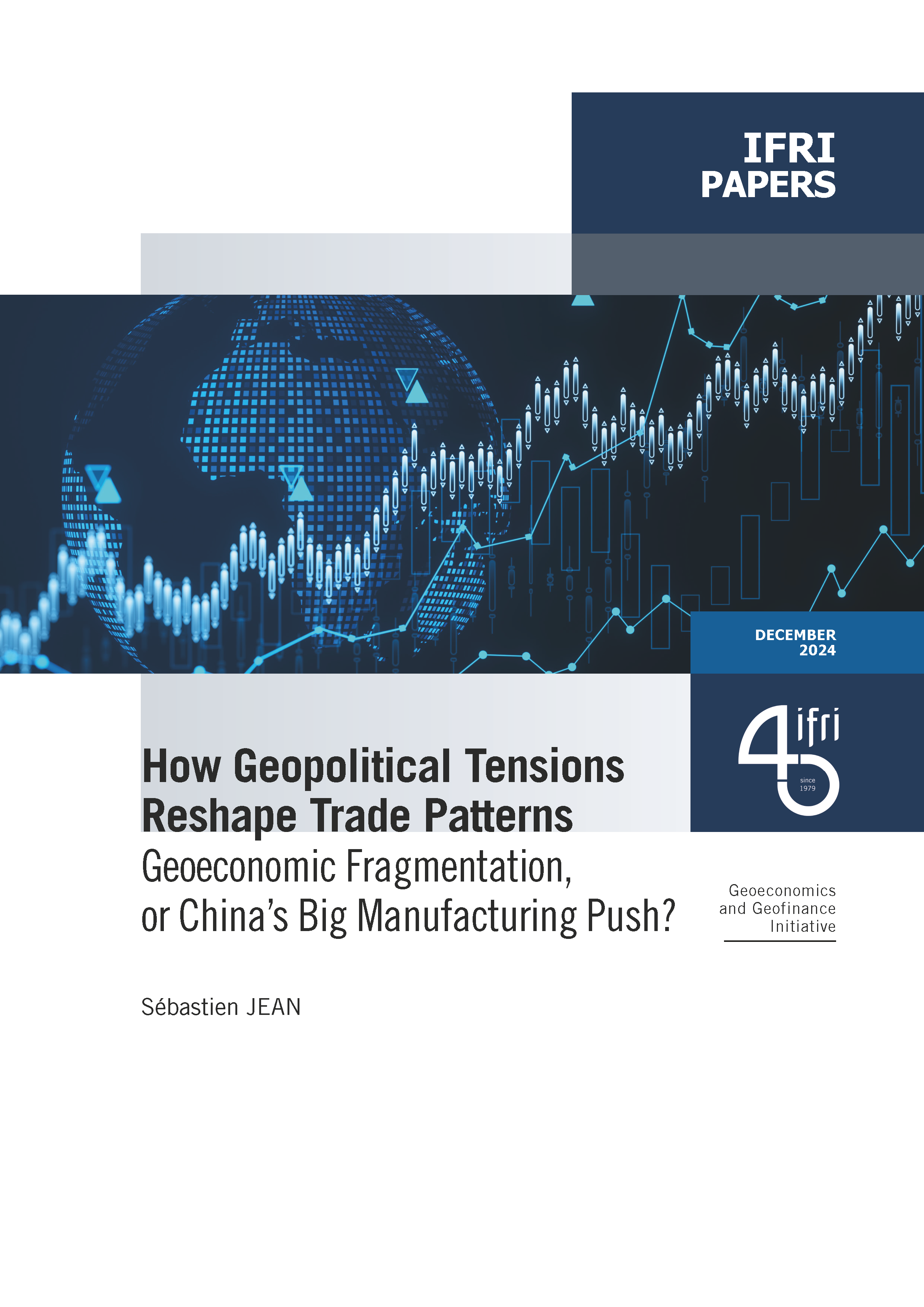Peace and Security in Africa's Great Lakes: the role of Burundi - Conférence sur invitation

Practical information
Burundi shares 974 km of borders with its neighbors: Democratic Republic of Congo, Rwanda, Tanzania. It therefore plays a crucial role for the stability in the region of the African Great Lakes. Since the Arusha Peace and Reconciliation Agreement for Burundi signed in 2000, the country is fully involved in the regional integration and cooperation. It is home to the headquarters of the Executive Secretariat of the International Conference on the Great Lakes Region (ICGLR), set up to manage the consequences of many political conflicts that have marked the region in recent decades. This conference was contributed, among others, the signing of DRC Framework Agreement for Peace, in February 2013 in Addis Ababa.
Conference chaired by Dominique David, executive director, Ifri.
Other events

Paris Naval Conference 2025: Naval Power in support of Maritime Economy
This third edition of the Paris Naval Conference (CNP), bringing together high-level speakers from the military, industry and academia, aims to address the issues of securing the maritime economy for the world's navies.





